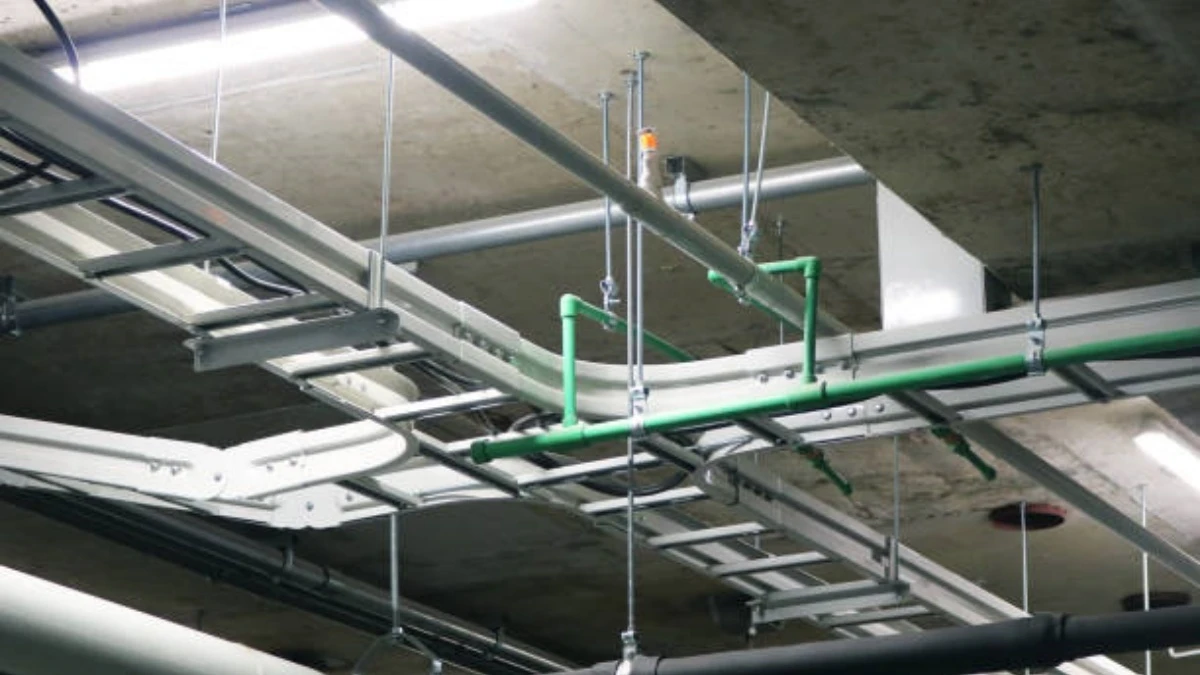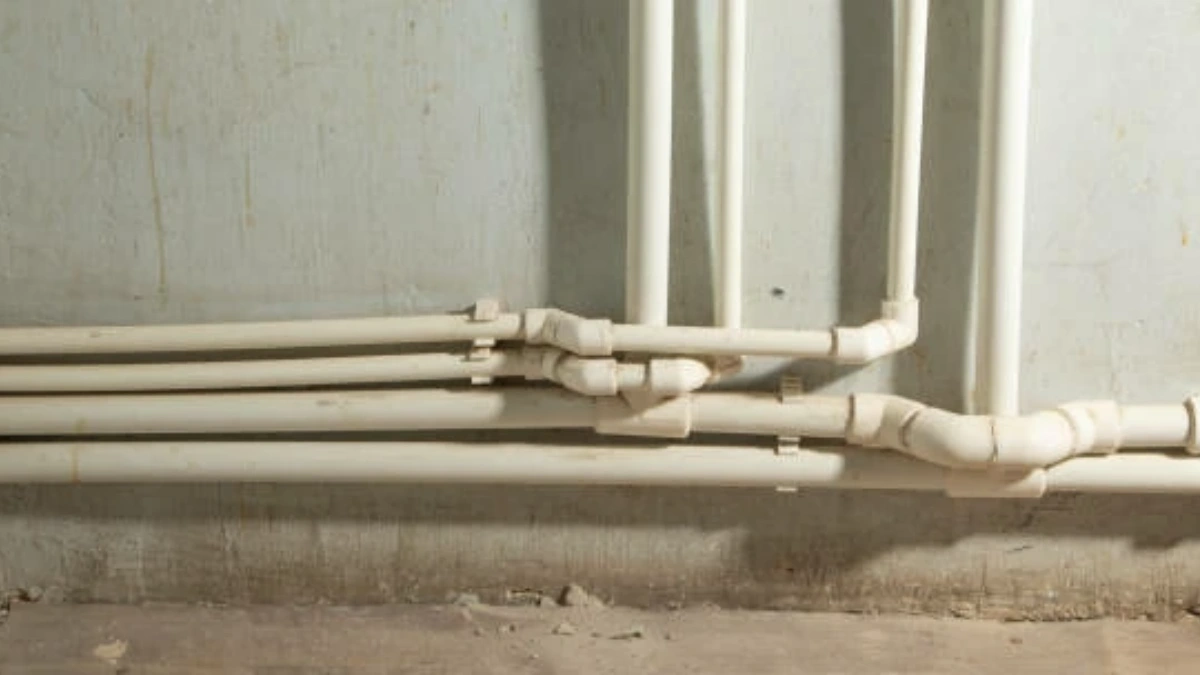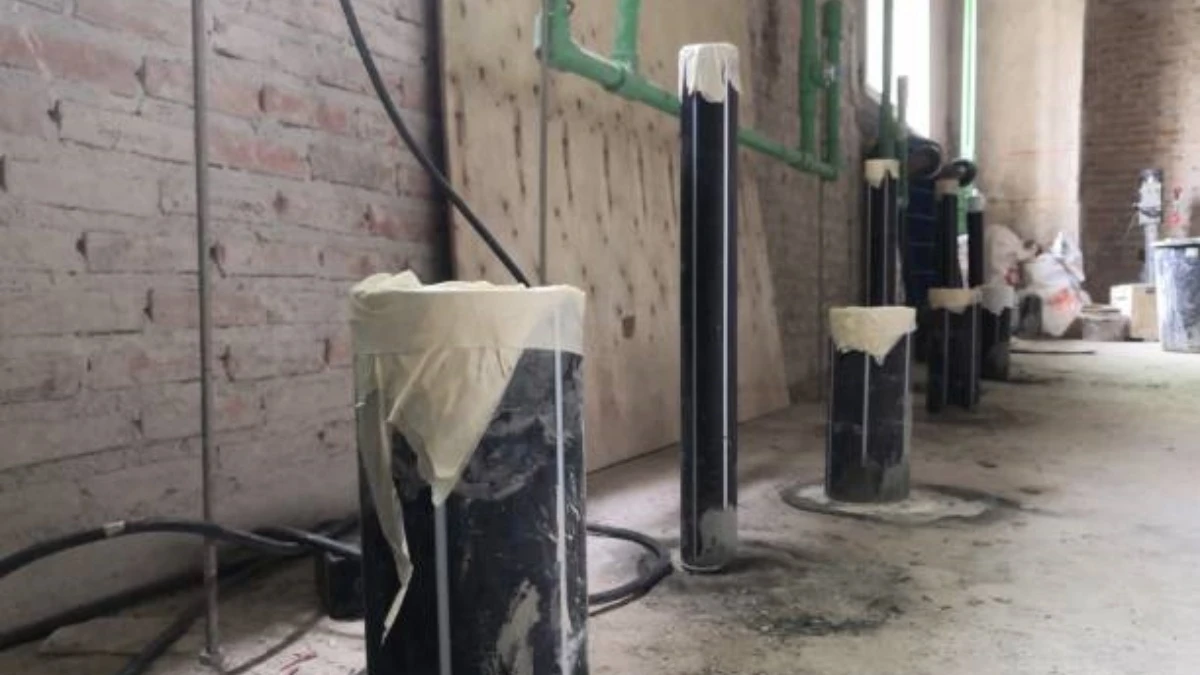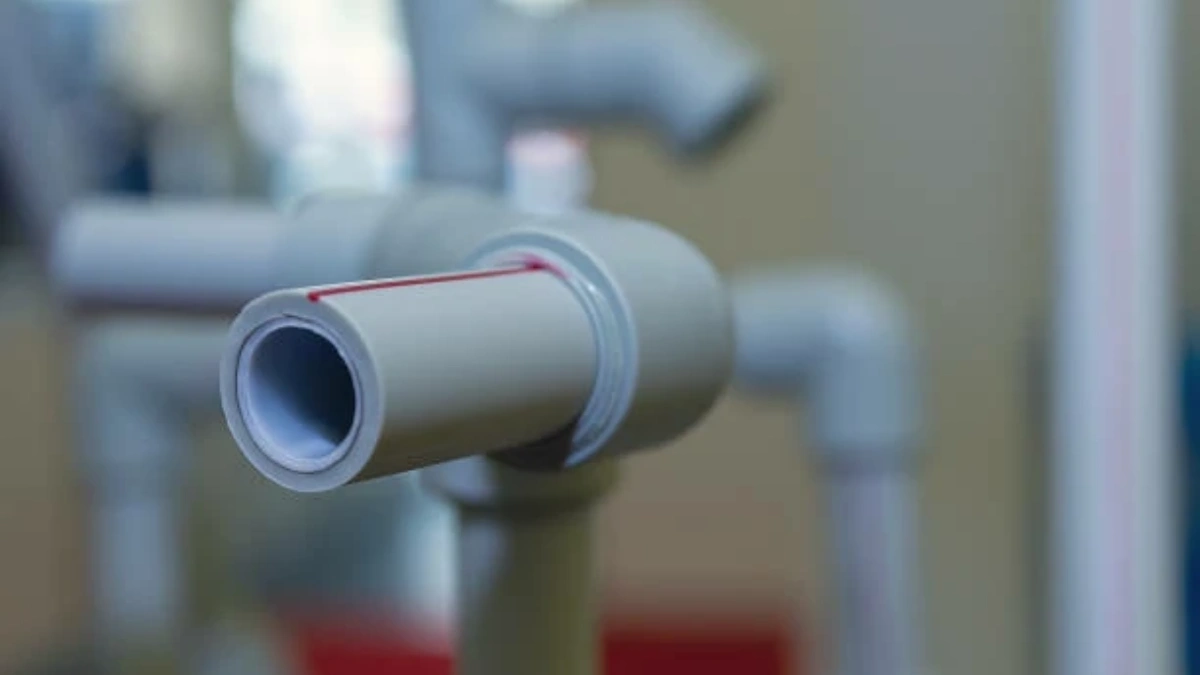In the rapidly evolving world of manufacturing, the adoption of advanced technologies is crucial for maintaining competitiveness and meeting the growing demands of various industries. Recently, Domin, a key player in the hydraulic valve sector, announced its decision to invest in the RenAM 500Q Ultra, a state-of-the-art additive manufacturing system. This strategic move aims to enhance the production of hydraulic valves, ensuring higher efficiency, precision, and innovation. In this article, we will explore the significance of hydraulic valves, the capabilities of the RenAM 500Q Ultra, and the impact of this investment on Domin’s operations.
Understanding Hydraulic Valves
What Are Hydraulic Valves?
Hydraulic valves are crucial components in hydraulic systems, which use pressurized fluid to perform work. These valves control the flow, pressure, and direction of the hydraulic fluid, enabling various applications such as lifting, moving, and controlling machinery.
Types of Hydraulic Valves
- Directional Control Valves: These valves manage the flow direction of hydraulic fluid, determining which actuator will receive the fluid.
- Pressure Control Valves: These maintain the desired pressure within the system, preventing overloads and ensuring safe operation.
- Flow Control Valves: These regulate the speed of actuators by controlling the flow rate of the hydraulic fluid.
- Check Valves: These prevent backflow in the system, ensuring that fluid flows in one direction.
Importance of Hydraulic Valves
Hydraulic valves play a vital role in a wide range of industries, including automotive, aerospace, construction, and manufacturing. Their importance can be summarized as follows:
- Efficiency: Properly functioning hydraulic valves enhance system efficiency by optimizing fluid flow and pressure control.
- Safety: By regulating pressure and preventing overloads, hydraulic valves contribute to the safe operation of hydraulic systems.
- Versatility: Hydraulic valves can be used in various applications, making them essential for multiple industries.
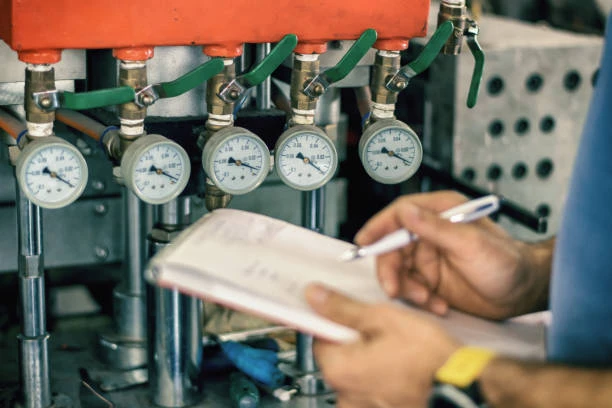
The Need for Innovation in Hydraulic Valve Production
With increasing demand for high-performance hydraulic systems, manufacturers must innovate their production processes. Traditional manufacturing methods may not meet the stringent requirements for precision and customization in today’s market.
Challenges in Hydraulic Valve Manufacturing
- Complex Geometries: Hydraulic valves often require intricate designs that can be challenging to produce using conventional methods.
- Material Limitations: The choice of materials can impact the performance and longevity of hydraulic valves, necessitating advanced materials for enhanced durability.
- Production Speed: With the need for rapid prototyping and shorter production cycles, manufacturers must adopt technologies that enable quicker turnaround times.
- Cost Management: Balancing production costs while maintaining quality is a constant challenge in hydraulic valve manufacturing.
Introducing the RenAM 500Q Ultra
Domin’s investment in the RenAM 500Q Ultra marks a significant advancement in their manufacturing capabilities. This innovative system, developed by Renishaw, is designed for additive manufacturing, specifically for producing complex metal parts.
Key Features of the RenAM 500Q Ultra
- Quad-Laser Technology: The RenAM 500Q Ultra features four high-power lasers that significantly increase build speed and efficiency. This technology allows for faster layer times and reduced production costs.
- Large Build Volume: With a build volume of 500 x 280 x 400 mm, the RenAM 500Q Ultra can accommodate a wide range of part sizes, making it suitable for various hydraulic valve designs.
- Enhanced Material Compatibility: This system supports a variety of metal powders, including high-strength alloys and materials that are ideal for hydraulic applications.
- Advanced Monitoring Systems: The RenAM 500Q Ultra is equipped with real-time monitoring capabilities, ensuring consistent quality and enabling immediate adjustments during the printing process.
Benefits of Using the RenAM 500Q Ultra for Hydraulic Valves
- Increased Production Efficiency: The quad-laser technology allows for faster production cycles, enabling Domin to meet growing demand without sacrificing quality.
- Customization and Flexibility: The additive manufacturing process allows for rapid prototyping and the production of customized hydraulic valves tailored to specific customer needs.
- Reduced Material Waste: Unlike traditional machining methods, additive manufacturing uses only the necessary amount of material, minimizing waste and lowering costs.
- Improved Performance Characteristics: The ability to use advanced materials leads to hydraulic valves with enhanced performance, durability, and resistance to wear.
The Impact of the RenAM 500Q Ultra on Domin’s Operations
Investing in the RenAM 500Q Ultra is set to transform Domin’s production capabilities, allowing them to maintain a competitive edge in the hydraulic valve market.
1. Enhanced Product Offerings
With the ability to produce complex geometries and custom designs, Domin can expand its product range. This flexibility allows them to cater to niche markets and meet specific customer requirements more effectively.
2. Faster Time to Market
The efficiency of the RenAM 500Q Ultra reduces lead times for new product development. This capability is crucial in industries where time-to-market can significantly impact competitive advantage.
3. Cost-Effective Production
By reducing material waste and increasing production speeds, Domin can achieve lower overall production costs. This cost-effectiveness can lead to better pricing strategies and improved profit margins.
4. Sustainability Initiatives
The reduced waste and energy efficiency associated with additive manufacturing align with sustainability goals. Domin can market its commitment to environmentally friendly practices, appealing to eco-conscious customers.
5. Strengthened Market Position
By leveraging advanced technology, Domin can position itself as a leader in innovation within the hydraulic valve sector. This reputation can enhance customer loyalty and attract new business opportunities.
Conclusion
Domin’s decision to invest in the RenAM 500Q Ultra is a forward-thinking move that aligns with the future of hydraulic valve manufacturing. By embracing advanced additive manufacturing technology, Domin can enhance production efficiency, reduce costs, and improve product offerings. This strategic investment not only positions the company for success in a competitive market but also sets a new standard for innovation in hydraulic valve production. As the industry continues to evolve, companies that adopt such technologies will likely lead the way in meeting the growing demands for high-performance hydraulic solutions.
FAQs
- What are hydraulic valves used for?
Hydraulic valves control the flow, pressure, and direction of hydraulic fluid in systems. Which enabling various applications such as lifting and moving machinery. - Why is additive manufacturing important for hydraulic valves?
Additive manufacturing allows for complex designs, customization, and reduced material waste, enhancing production efficiency and product performance. - What are the key features of the RenAM 500Q Ultra?
The RenAM 500Q Ultra features quad-laser technology, a large build volume, enhanced material compatibility, and advanced monitoring systems. - How does the RenAM 500Q Ultra improve production efficiency?
The quad-laser system allows for faster layer times and reduced production cycles, enabling manufacturers to meet growing demands more effectively. - What benefits does Domin gain from investing in the RenAM 500Q Ultra?
Domin gains enhanced product offerings, faster time to market, cost-effective production, strengthened market position, and alignment with sustainability initiatives.

